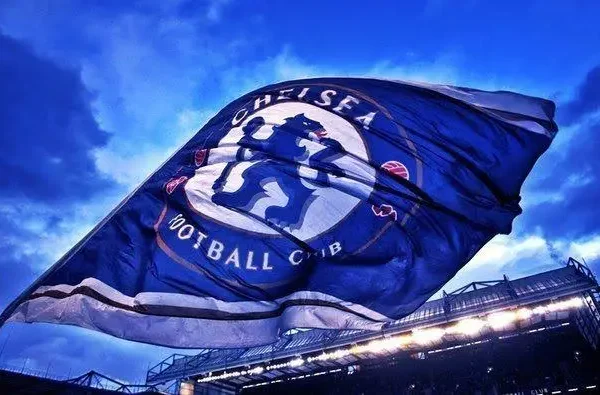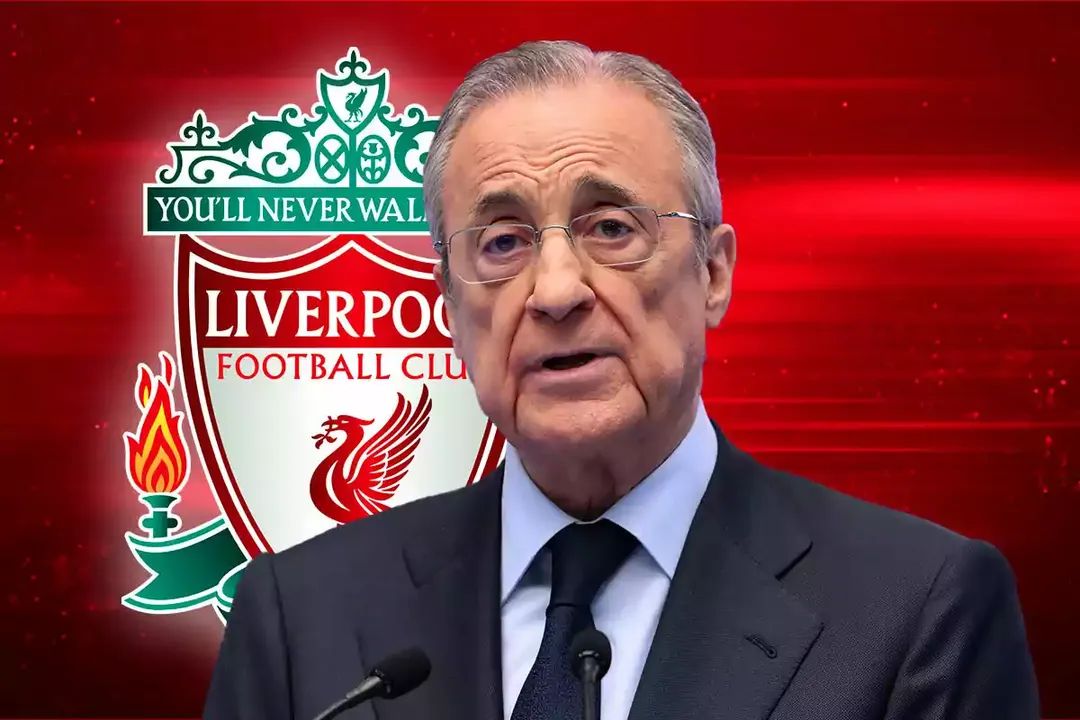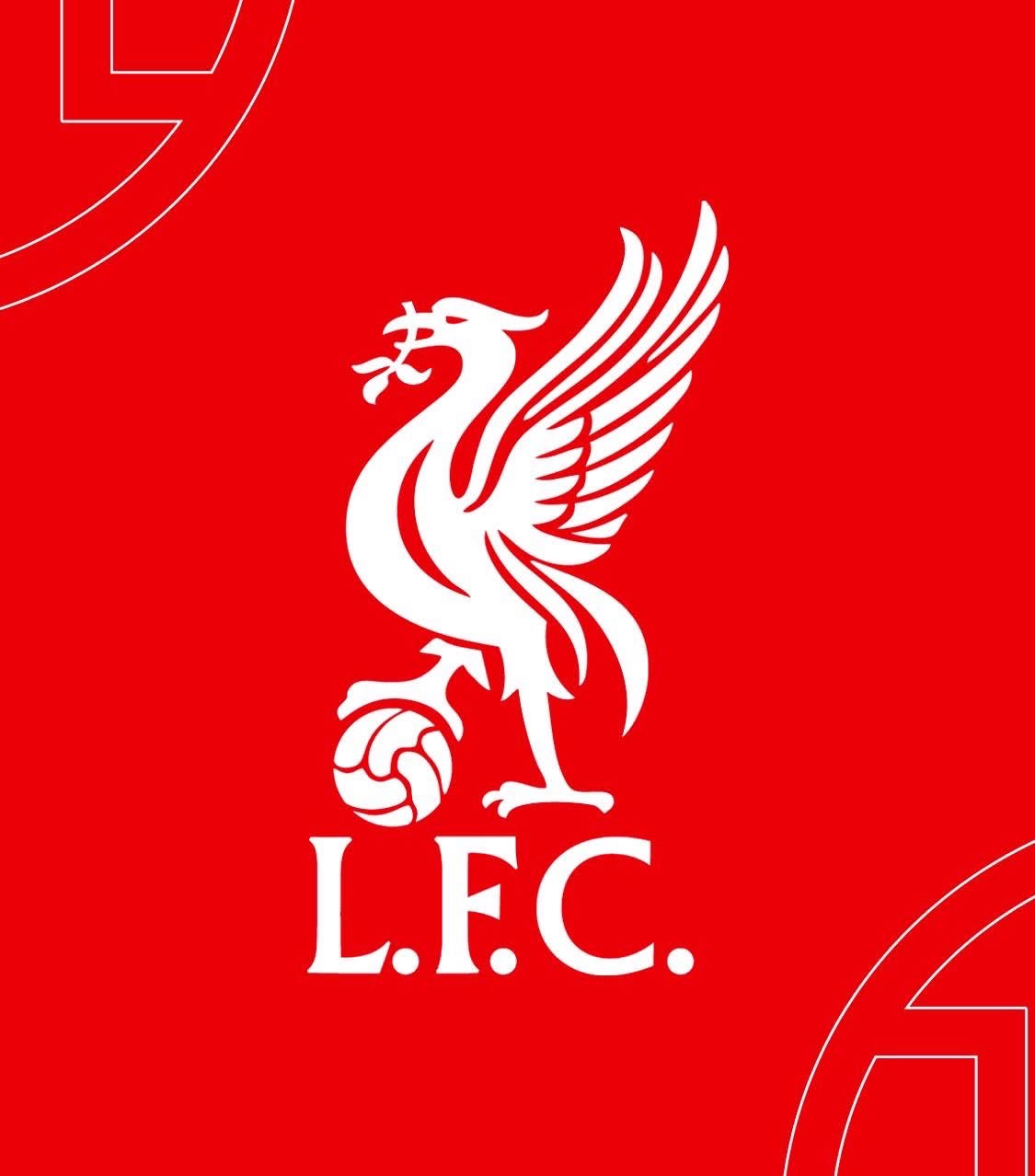When Chelsea signed Axel Disasi and Raheem Sterling, both were expected to play central roles in the club’s long-term project. Sterling arrived as a marquee signing from Manchester City, bringing experience and attacking pedigree. Disasi was added to solidify the back line, hailed as a defender with both strength and composure. Fast forward to today, and both players find themselves not just out of the starting eleven, but training away from the first team altogether.
The development has triggered a storm — and now the Professional Footballers’ Association (PFA) has formally intervened, calling out Chelsea for their handling of the pair.
What Happened to Sterling and Disasi?
Reports indicate that neither Sterling nor Disasi is in manager Enzo Maresca’s immediate plans. Training with separate groups or being forced to use alternative facilities is often the clearest sign that a player is being frozen out. It is a tactic clubs sometimes use to push unwanted players toward exits, but it has always been a contentious practice — one that can easily lead to legal and contractual disputes.
For Sterling, this fall from grace is especially dramatic. Brought in to lead a new-look Chelsea attack, he has often carried the burden of experience in a very young squad. But inconsistent performances, injuries, and Chelsea’s relentless turnover of players have seen him slip further down the pecking order.
Disasi’s case is slightly different. Still in his mid-20s and considered a strong signing when he arrived from Monaco, he was seen as part of Chelsea’s defensive rebuild. However, tactical mismatches and inconsistent form have left him exposed, and now he appears to be another casualty of Chelsea’s ruthless reset under Maresca.
The PFA’s Intervention
The PFA has urged Chelsea to honor both players’ contracts in full — and that includes not only paying their wages but ensuring access to the same training facilities, medical staff, and professional treatment as first-team players.
In its communication, the union reportedly made two points crystal clear:
- Contractual Rights Are Non-Negotiable – Regardless of form or tactical plans, players are entitled to the conditions stipulated in their contracts. Isolation or exclusion from training can be interpreted as unfair treatment.
- Potential Action Ahead – The PFA has warned that if Chelsea fails to comply, it will not hesitate to escalate matters — a move that could see the club face arbitration or even legal consequences.
The intervention underlines how serious the situation has become. For an organization like the PFA to step in publicly suggests that Sterling and Disasi, or their representatives, felt they had exhausted internal avenues for fair treatment.
Why This Matters for Chelsea
Chelsea’s model under Todd Boehly and Clearlake Capital has already been criticized for creating a bloated squad, excessive turnover, and instability. The treatment of Sterling and Disasi now adds a fresh layer of scrutiny.
- Player Welfare: Freezing players out is not just a tactical move; it can also affect mental health, motivation, and career progression. A club like Chelsea, which markets itself as a global giant, risks reputational damage by mishandling its stars.
- Transfer Leverage: Isolating players rarely improves their market value. Potential buyers know Chelsea wants them gone, which weakens the club’s negotiating position.
- Dressing Room Atmosphere: When teammates see established players treated harshly, it creates unease. Others may begin to question their own security, making squad unity harder to maintain.
Sterling: From Leader to Outcast
Sterling’s case is perhaps the most symbolic. Once a vital piece of Pep Guardiola’s Manchester City machine, he arrived at Chelsea with expectations of becoming a leader and match-winner. Early flashes of brilliance reminded fans of his pedigree, but the club’s chaos — managerial changes, inconsistent lineups, and tactical confusion — meant Sterling never truly settled.
Now, to see him excluded from training with the first team is both shocking and telling. Many fans believe he still has something to offer, particularly in a young side that often lacks maturity and experience. Critics, however, argue that his time is up, and Chelsea need to move forward with fresher options.
Disasi: A Victim of Circumstance?
Axel Disasi’s exclusion feels more puzzling. Still in his prime years, with Champions League and international experience, he offers qualities that Chelsea’s defense could arguably still use. But under Maresca, Chelsea are moving toward a high-line, possession-heavy style — one that requires centre-backs with pace, agility, and strong passing range.
Disasi, though a solid defender, may not fit that mould perfectly. His struggles against top opposition have highlighted these gaps, and Chelsea appear ready to cut their losses. Whether that’s wise or premature remains a matter of debate.
The Fan Reaction
Unsurprisingly, Chelsea fans are split. Some see the PFA’s involvement as unnecessary interference, insisting the club must be free to shape its squad however it sees fit. Others, however, view Sterling and Disasi’s treatment as disrespectful, particularly given their contributions since arriving.
On social media, one Kenyan fan captured the sentiment vividly in Swahili:
“Huku kimeumana — let the two players get the treatment inscribed in their contracts. Jirani asidhulumu vijana wadogo, ama nadanganya oee.”
Translation: “This is serious — let the players receive what their contracts promise. A neighbor must not mistreat these young men, or am I lying?”
The phrase reflects the growing perception that Chelsea are overstepping boundaries in pursuit of quick squad reshuffles.
The Bigger Picture: Football and Player Rights
This isn’t just about Chelsea. Across Europe, the treatment of unwanted players has been a long-running issue. From frozen-out veterans to high-earning stars left in limbo, clubs often use training isolation as a tool to pressure players into leaving.
But the PFA’s intervention highlights a bigger truth: footballers are employees first, athletes second. Contracts are binding, and employment rights must be respected. Failure to do so risks legal challenges that could reshape how clubs manage their squads.
If Chelsea are found to be in violation, it could set a precedent that forces clubs to rethink how they handle players who are no longer in their plans.
What Happens Next?
The saga could unfold in several ways:
- Chelsea Reintegrate the Players – To avoid sanctions, Chelsea may restore Sterling and Disasi to full first-team training, even if they don’t feature in matchday squads.
- Negotiated Exits – The club may push for quick transfer or loan moves in January, ensuring both sides move on.
- PFA Escalates – If Chelsea refuse to adjust their stance, the PFA could take formal action — a path that would embarrass the club and potentially cost them financially.
Conclusion
The saga of Raheem Sterling and Axel Disasi has exposed once again the tension between modern football’s ruthless business model and the basic rights of its players. For Chelsea, the PFA’s intervention is a wake-up call: contracts are not just pieces of paper, and reputation matters just as much as results.
Whether this leads to reconciliation, transfers, or escalation remains to be seen. But one thing is clear — in the court of public opinion, Chelsea now face tough questions about how they treat their stars.





